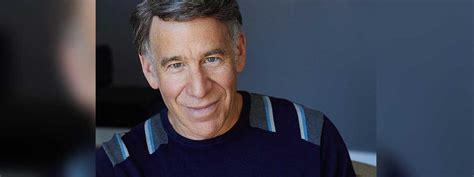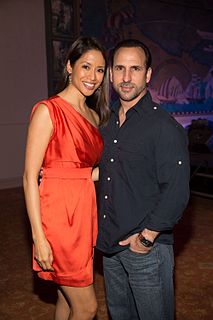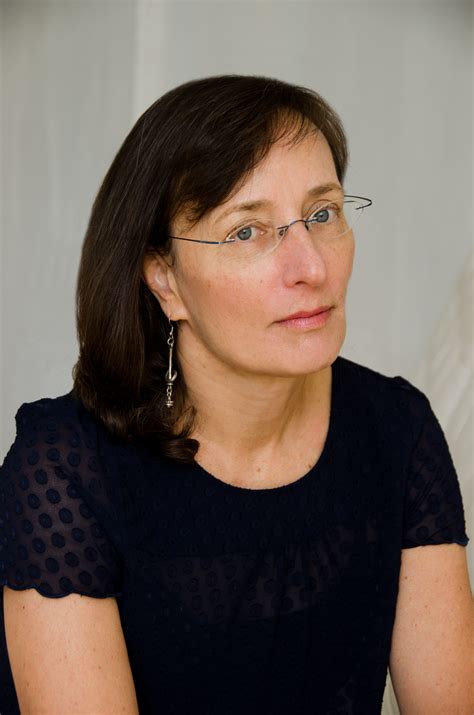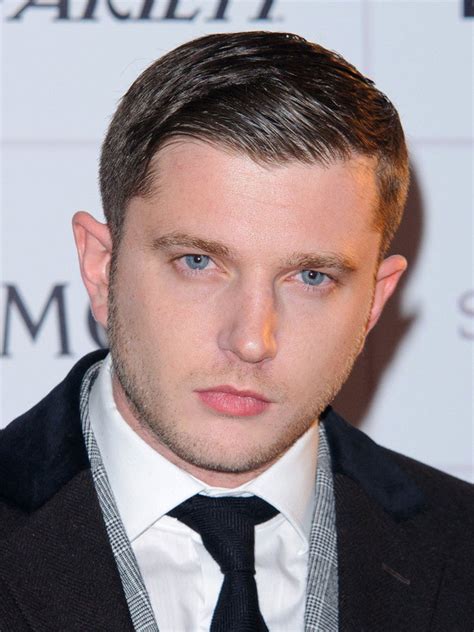A Quote by Peter Hedges
I've wanted to direct for a long time, but it had to be a story I wanted to tell. The writer's job is to find the story that he should tell.
Related Quotes
I normally don't need any help to put pressure on myself but there was additional pressure because it was a film she always wanted to shoot and I wanted to tell this story as best as possible. When I told my wife that I'd like to direct it, I had already given it a lot of thought and honestly I felt that I was the best person for the job, plus I was cheap.
I wanted to tell the story of these women and the war in the Congo and I couldn't find anything about them in the newspapers or in the library, so I felt I had to get on a plane and go to Africa and find the story myself. I felt there was a complete absence in the media of their narrative. It's very different now, but when I went in 2004 that was definitely the case.






































